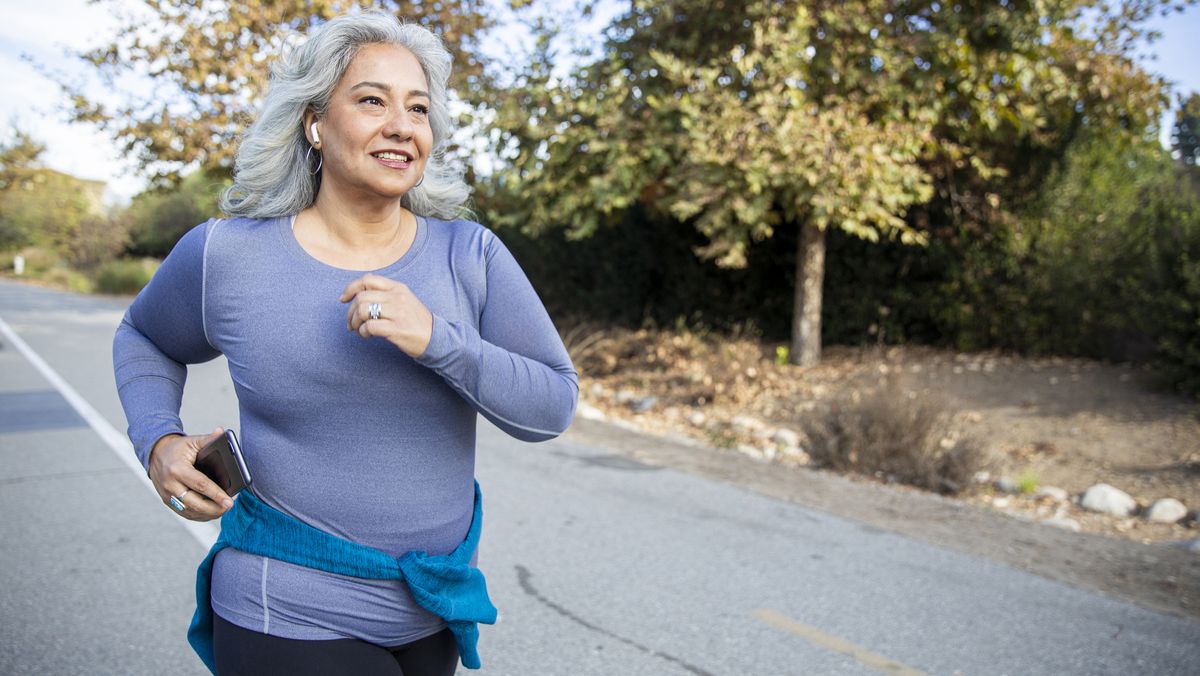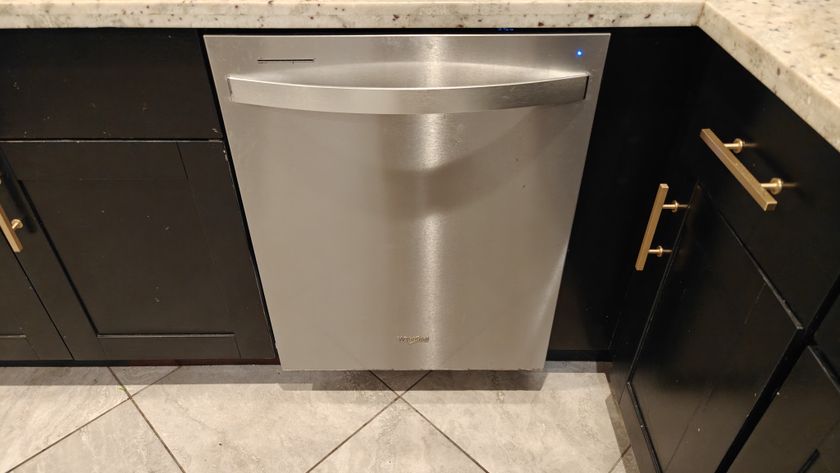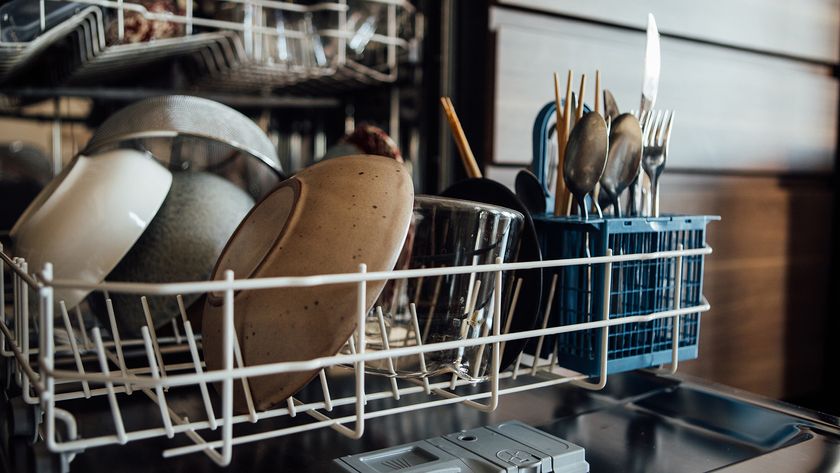When it comes to getting healthy at home, it’s a good idea to focus on the basics first, as once you have those in hand you should see and feel a difference in your overall health. If you think that getting healthy revolves solely around exercise, though, you’ll be surprised to hear that diet plays a more crucial role. In fact, what we eat and drink can have a significant impact on our health.
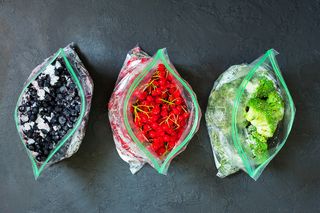
According to the World Health Organization, a healthy diet can improve your energy levels, your mental health and general outlook, and it can help you to either maintain a healthy weight or to lose excess weight if you are overweight or have obesity.
‘Healthy diets are important for supporting immune systems,’ states WHO advice. ‘Good nutrition can also reduce the likelihood of developing other health problems, including obesity, heart disease, diabetes and some types of cancer.’
The WHO’s tips for healthy eating include:
- Eat a variety of food, including fruits and vegetables
- Eat moderate amounts of fats and oils, and opt for good fats (like fish, nuts and avocados) instead
- Limit your sugar intake, including fizzy drinks
- Stay hydrated by drinking enough water
- Limit your alcohol use
We spoke to Registered Dietitian Stephanie Snell, of UCHealth, to get her tips for healthy eating at home. Snell recommended, “foods that are nourishing and filling for snacks. These are often fiber-filled, like a fruit or vegetable, with a side of protein or fat. I’m a fan of veggies and hummus.” While for cheap yet nutritious dinners Snell pointed us towards,”Bean-based soups and stews.”
How to get healthy at home: Get regular exercise
The World Health Organization’s Physical Activity and Adults guidelines recommend that people aged 18-64 should undertake around 150 minutes of moderate-intensity aerobic exercise a week, or 75-minutes of vigorous-intensity aerobic exercise. Using one of the best fitness trackers will help you keep tabs on how much you’re moving each day.
With so much incredible home gym equipment available to buy now, despite a lot of it selling out earlier this year, it’s never been easier to get fit and healthy in the privacy of your own home. And every little bit of physical activity adds up, so don’t think you have to slog it on a treadmill for 150 minutes every week - even throwing the vacuum cleaner around will help you move more and burn a few calories if you need too.
For more targeted cardio workouts, consider getting one of the best exercise bikes for spin class workouts at home. Or if you have little space or budget for equipment, follow along with an online fitness program - these are like having a personal trainer on demand in your own home.
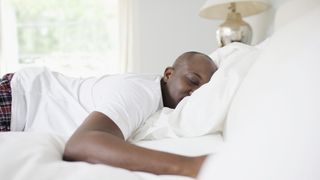
Aim for seven hours of quality sleep, every night
Consistently good sleep is the last piece of the puzzle when it comes to getting healthy at home, and if you’re eating better and exercising more, your sleep will naturally improve.
When we spoke to James Wilson, a Sleep Behavior and Environment Expert, to get his tips on how to sleep better, Wilson said that, “The key thing is to be at a cool body temperature, and let your heart rate slow down so that you are relaxed.” Firing up a meditation app can help with this, as they often have soothing sleep sounds.
To sleep better at night, avoid eating a heavy meal or performing intense exercise in the three hours before bed, and don’t consume caffeine or alcohol close to bedtime either as they act as stimulants. If you think your bed might be the culprit behind any poor sleep you’re experiencing, take a look at our guide to the best mattress online and the best pillows for all types of sleepers.
